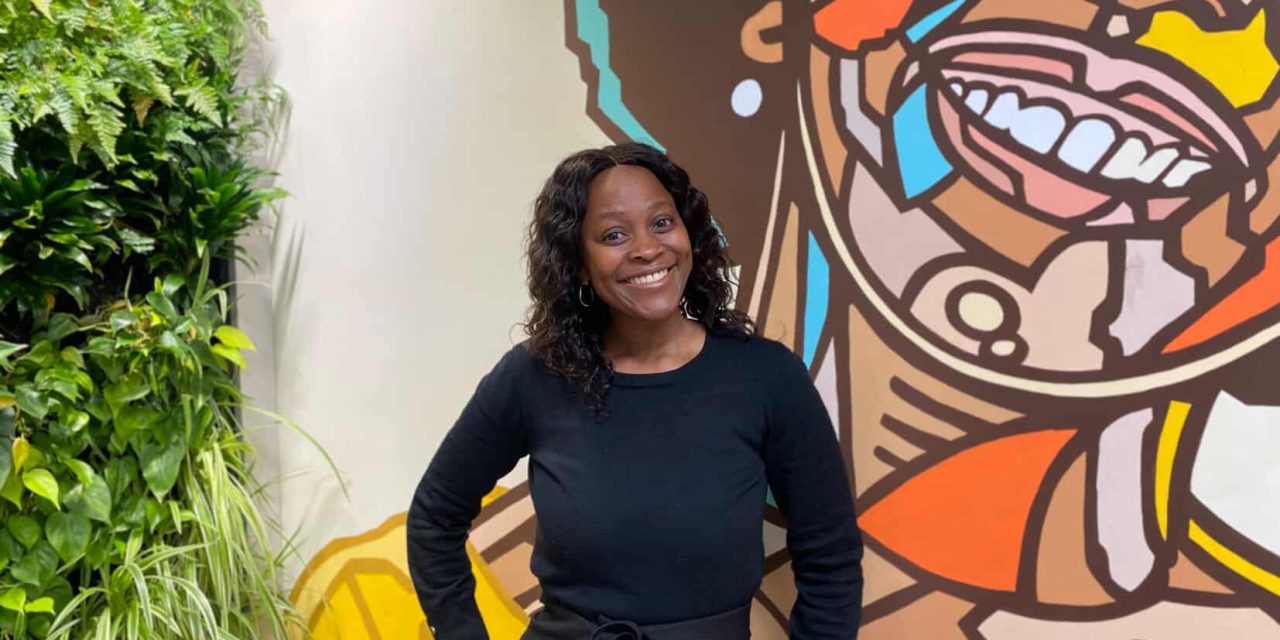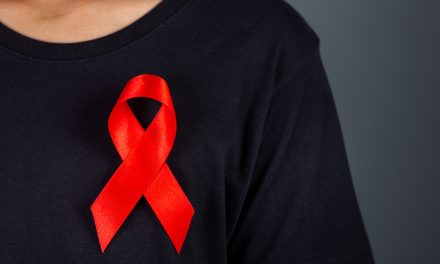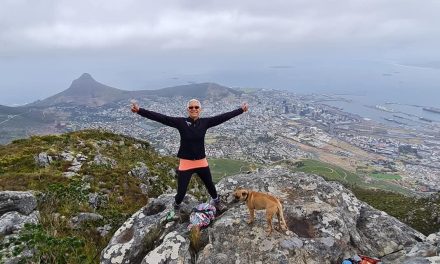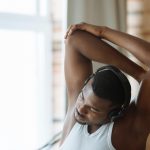Struggling with weight issues, stress, and endometriosis, Rethabile found healing in running
Discover how Rethabile Mongae (37) transformed her body and mindset through running, nutrition, and the power of social support. Plus, tips for beginners chasing their first big race!
How do you personally define health and wellbeing?
As someone diagnosed with endometriosis in 2020, I define health as maintaining a fit body, managing symptoms or pain from my condition, and ensuring I eat the right foods to run pain-free without setbacks. When it comes to wellbeing, it’s about a good state of mind and being able to function well each day. As a runner, that means finding joy in my runs, managing stress, and keeping a positive mindset toward my condition. Endometriosis thrives on stress, so I do my best to stay mentally well. Running is therapeutic and helps me cope.
Given my situation, focusing on health and wellbeing means listening to my body and adjusting my running routine, especially during marathon training. I avoid food groups I’m intolerant to, like gluten and dairy, which trigger my condition and affect my performance. I also make time for rest and recovery to prevent fatigue and flare-ups.
You have been through a weight loss transformation; can you share more?
In 2014, I was studying for my Master’s Degree and felt completely overwhelmed. I ended up neglecting my nutrition and, as an emotional eater, turned to comfort food to cope with stress. By the end of that year, I had reached my heaviest weight; 84 kg.
In January 2015, I was looking through festive season photos and came across one that shocked me. I didn’t recognise myself. That was a turning point. I made a vow to take my health seriously and lose weight. I already had a personal trainer before my studies, but I’d always cancel. That year, I contacted him and said, “I’m ready to transform my life.”
I went back to the gym, started eating healthier, and was introduced to running. By the time I got pregnant in December 2015, I had lost over 10 kilos. Of course, pregnancy brings weight gain, and after giving birth, I gained again, but this time, it was easier to get back on track. When COVID hit, I was 24 kg down from my heaviest. Over the years, I’ve managed to keep my weight between 60 kg and 65 kg, depending on how good the festive season was! Running has played a huge role in helping me stay active and eat well.
What inspired you to start running, and how did you take on the Comrades Marathon?
In 2017, I went to support my brother-in-law, and I was still trying to get rid of the baby fat. Over the years of watching the Comrades on TV, I’d see only lean people running. That year, I saw many women with different body shapes and sizes. I was amazed. All along I thought you had to look a certain way. I met women who were wives, moms, and had careers, and they were out there running the Comrades. I was sold! Within a few months of completing just two 21 km races, I registered for my first marathon in January 2018. The rest is history – I’ve completed four Comrades Marathons since 2022.
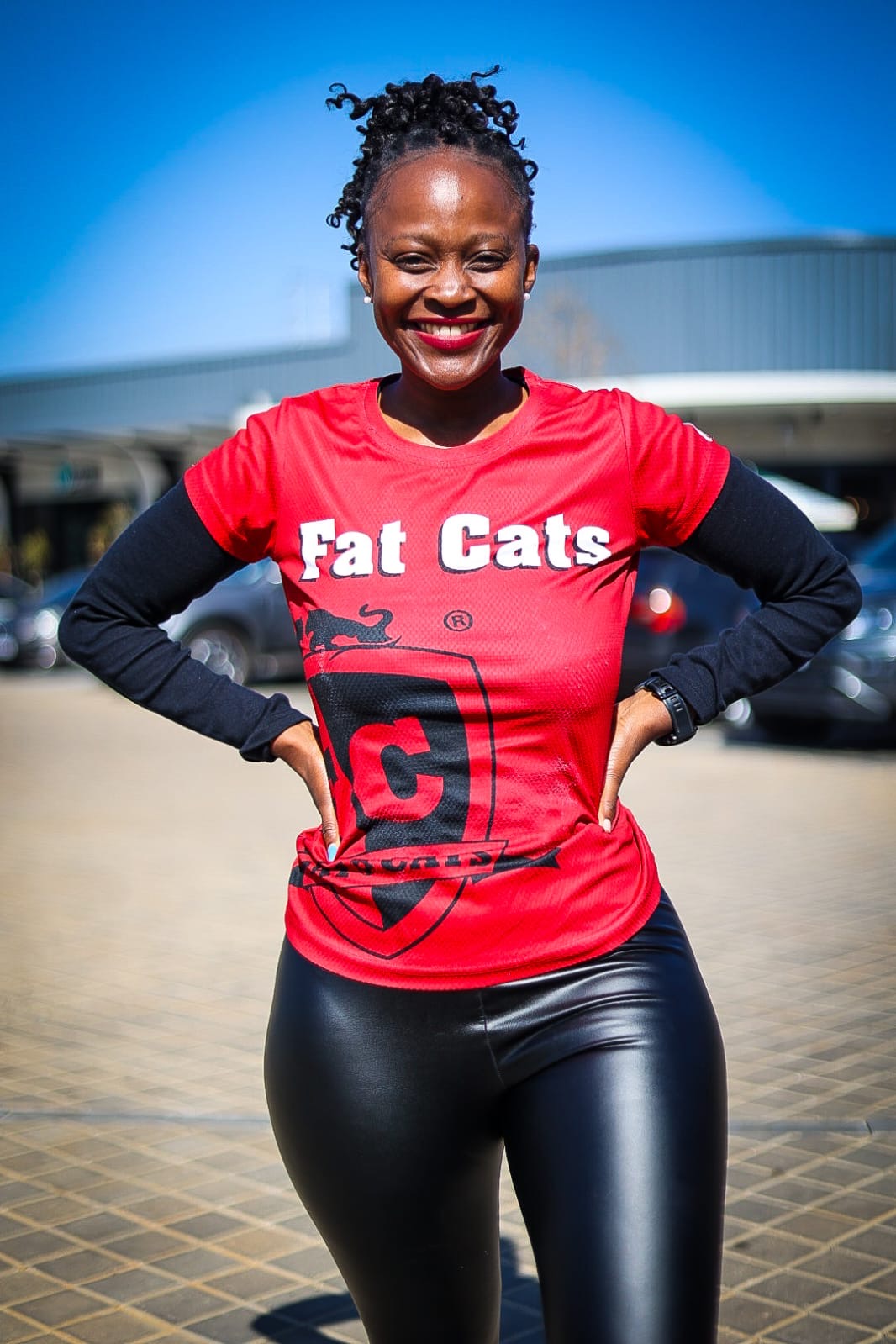
How did your eating habits change on your health journey?
Initially, when the goal was just weight loss, I discovered Banting. Avoiding carbohydrates and sugar became my lifestyle, and the weight came off. Then, when I started running, I occasionally experienced dizzy spells and a drop in my iron levels. I learned that to perform at my optimum level, I need healthy carbohydrates. So, this meant meals that included a mix of carbs, proteins, and healthy fats. This balance helped provide sustained energy for my runs.
As I’m intolerant to gluten and dairy, my dietitian recommended alternatives so I still get enough nutrients. Especially when training for the Comrades Marathon, we spend so many hours on the road, it’s important to fuel the body. Drinking enough water and electrolytes became very important – especially during training – to improve performance and help recovery. Plus, I learned the importance of meal timing around my runs: a banana or a small meal before training for energy, and refuelling with something high in protein afterwards for recovery.
Overall, these changes helped with weight loss goals and improved my running performance. I now feel lighter on the road and even managed to run my fastest Comrades in under 11 hours and 5 minutes!
How does the “social” part of social running keep you motivated?
I’ve built great connections through running that keep me motivated and accountable. The people I run with start at 4:30 a.m., and there’s always a colour theme for the day. After each run, it’s stretching and a group photo. If you miss a run, you’ll be called out – the team will definitely ask questions! This group has helped me stay committed and consistent, especially on those cold mornings when it’s hard to get out of bed.
Which race taught you the most about your strength or limits?
My first ever Comrades Marathon in 2022. I went into it feeling very nervous. I remember my mom saying, “My child, you are so sickly! Will your body be able to handle that distance?” Lining up at the start, I was excited but also scared. I kept wondering if my condition would flare up during the run.
Crossing that finish line was a powerful moment. I realised I could achieve anything with a strong, positive mindset. That race truly tested my resilience, and quitting was never an option. I finished in under 11 hours and 45 minutes.
How do you handle days when you feel tired and demotivated?
I look at pictures of myself from when I was overweight – and that alone is motivation enough to get me out of bed. When I’m training for a specific marathon – usually with a time or performance goal – I remind myself how badly I want to achieve that target. That keeps me going.
As tiring as running can be, starting my day with a run somehow makes me feel more energetic and productive. I get to the office on a natural high – ready to tackle the day. I’m also part of a structured training programme called Skhindigang Coaching. We submit our running stats regularly – which gives me another layer of motivation, especially on days when I feel a bit lazy.
What strategies do you use to balance hard workouts with rest?
Balancing intense workouts with recovery is vital – especially with endometriosis. I’ve learnt to listen to my body before, during, and after training. I try to tell the difference between pain from a run and pain from my condition. If it’s the latter, I rest to avoid a flare-up.
There have been times I’ve misread the signs and flared up just before a race. It’s frustrating, but I now see those setbacks as a chance to heal and come back stronger.
Rest days are part of my weekly plan – Fridays are usually off to prep for weekend runs. If I’m fatigued, especially around my cycle, I’ll cut down on distance or intensity. I also foam roll, stretch, do sports massages, and prioritise quality sleep to support recovery.
On this journey, what was the biggest surprise about your body or mind?
I am mentally strong. Running has challenged me many times; I’ve cried, struggled, but always found ways to improve and grow. Now, I face challenges head-on and look for the positives. In 2023, despite my doctor recommending surgery a month before Comrades, I postponed it until after the race. I knew pain would come from as early as 21 km, but I pushed through and finished the marathon in under 11 hours 30 minutes. That’s how resilient I’ve become.
Share some advice for someone who wants to lose weight and run their first big race…
- Start with the right mindset; be mentally ready for the journey.
- Set small, realistic goals for weight loss and race completion.
- Create and stick to a training schedule.
- Eat a balanced diet with lean protein, wholegrains, fruit and veggies, and avoid processed foods and sugar.
- Stay hydrated.
- Combine running with strength training.
- Find a running buddy or group for accountability.
- Celebrate small wins to stay motivated.
- Before race day, know the course, plan your nutrition, and have your gear ready to avoid last-minute stress.
Images: Supplied

